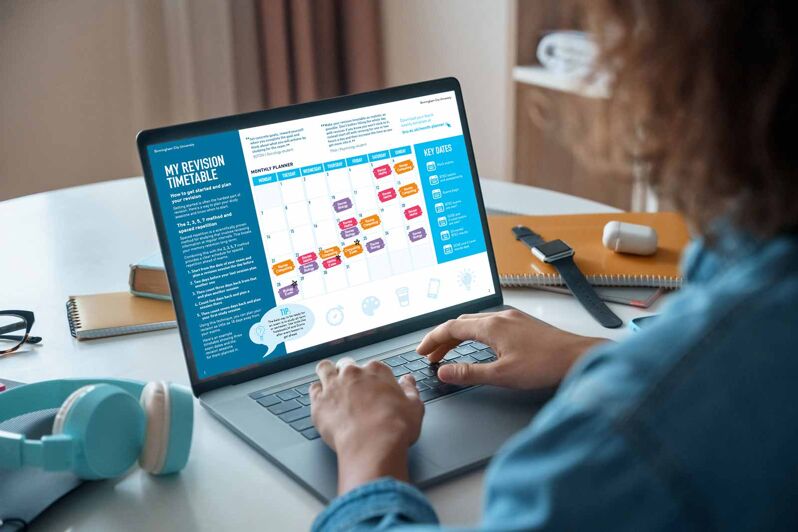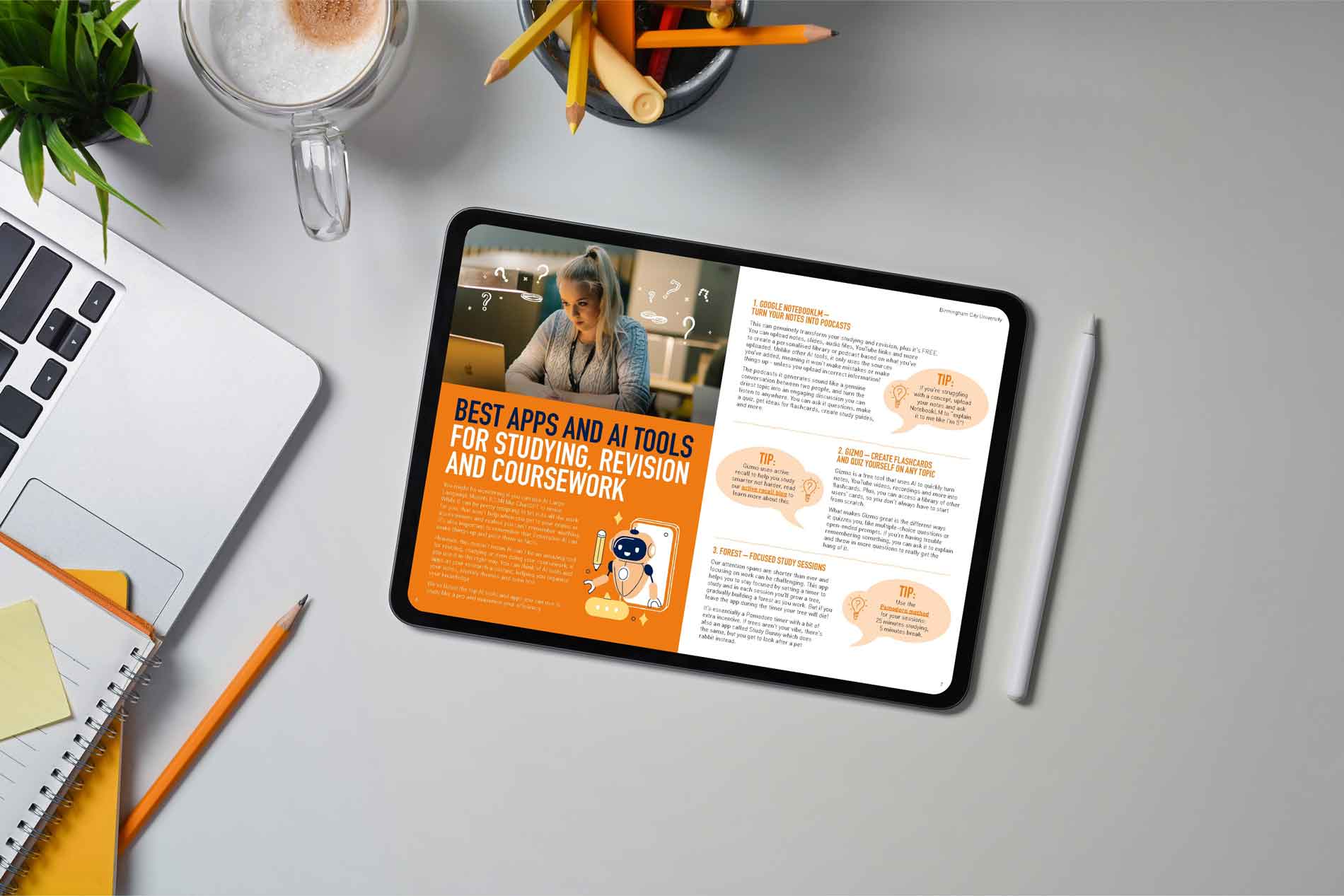Understandably, you might be feeling really anxious the night before an exam. You might feel like there’s more revision to do, but actually there are other ways to feel well-prepared for exam day.
Struggling with revision?
Get your FREE guide packed with expert study tips, a step-by-step timetable planner, essential AI learning tools, and more to smash your exams.
1. Stop revising
You might be tempted to cram in some revision the night before your exam, but realistically, you’re not going to learn anything new at the last minute.
Cramming can actually cause more panic, so instead of worrying about what you do or don’t know, try to relax and occupy your brain with your favourite TV show or film.
2. Practice some positive affirmations
If you’re feeling anxious about how your exam might go, then positive affirmations can make a surprisingly big difference to your mood.
Positive affirmations are phrases you can write down, say out loud or repeat in your head. By simply repeating something along the lines of ‘anything I put my mind to, I can achieve’ or ‘I have done lots of revision that will help me in my exam’ you can banish negative thoughts!
3. Do something that makes you feel good
Exercise or gentle movement has been shown to increase concentration, boost energy and relieve anxiety, so the night before an exam is the perfect time for physical activity.
Whether it’s a run, a game of football with your friends or some at-home yoga, movement can make a huge difference to your mood.
4. Eat a balanced meal
As we all know, food is fuel. A healthy, balanced meal is key the night before an exam, so try to include fruits and vegetables, protein and carbohydrates.
Just be careful not to eat your meal too late! Going to bed on a full stomach can disturb your sleep so try to eat around 3 hours before bed.
5. Get a good night’s sleep
The most important tip is to prioritise sleep the night before an exam. Getting a restful night’s sleep is key for your concentration and focus, so try to get 7-8 hours.
If you struggle to get to sleep, try some breathing techniques or listen to white noise, which can help lots of people drift off. The apps Headspace and Calm also have lots of bedtime breathing exercises and sleep stories to help you drop off.
Whatever you do, just don’t forget to set your alarm!







